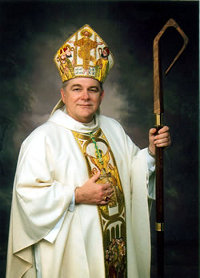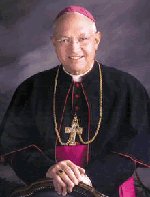
Some random thoughts or bits of information are worthy of sharing but don’t warrant their own full post. This idea was started by Jennifer Fulwiler at Conversion Diary to address this blogging need. So, some Fridays I too participate when I have accumulated 7 worthy items. Without further ado:
Same sex marriage: why not? Dr. Jennifer Roback Morse gives a calm, reasoned defense of traditional marriage:
Be sure to also view parts two, three and four.
When was the Church that Jesus founded first called the Catholic Church? Apologist Jimmy Akin explains:
Charles Rice (Professor Emeritus at the University of Notre Dame Law School) recently addressed the national meeting of the Society of Catholic Social Scientists. In it, he sadly notes how history repeats itself:
For a comparable example of the rapid concentration of executive power by a legally installed regime, we have to look to Germany in 1933. Adolf Hitler was named Chancellor on January 30. He consolidated his power over the next few weeks. The decisive event was the Reichstag’s approval of the Enabling Act on March 23, 1933, by which it ceded full and irrevocable powers to Hitler. That was the point of no return. The Enabling Act received the needed two-thirds vote only because it was supported by the Catholic party, the Centre Party.
The entire article is excellent: The Catholic Church in the Obama Era.
A simple, honest presentation of the facts on abortion support built-in to ObamaCare and why his related “executive order” is impotent:
The “holy city of Rome” or “the holy Vatican City” are respectful references that you never hear in the mainstream press. Ever. Yet… they step all over themselves every time they refer to a Muslim holy place. Why is that? To the MSM, Islam and all it holds holy is worthy of deep respect while that of Christianity is properly desecrated in the name of “art.” Father Z noticed the disparity of holy places.
Congresswoman Betty McCollum (D) leads the House of Representatives in the pledge of Allegiance. Notice anything missing?

Elizabeth Esther kindly hosts a feature she calls The Saturday Evening Blog Post. Published monthly every first Saturday, it features the best post in the preceding month on each of a few dozen Christian blogs. The “best” entries are chosen by the authors themselves (so they should know!).
It is a great way to discover new blogs. Be sure to check-it out. My entry for last month was the Planned Parenthood.




















